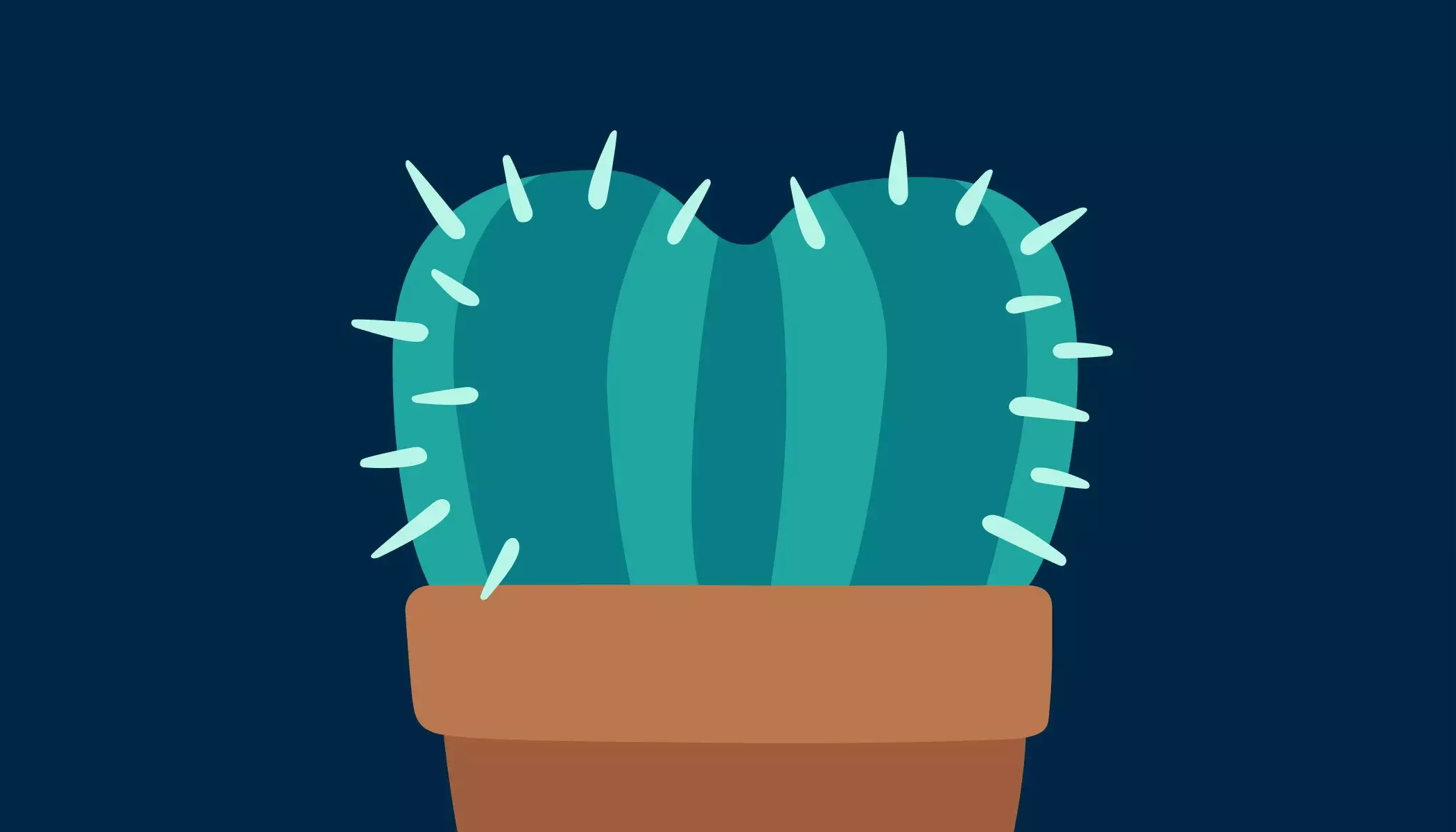Changes in hormone levels are a natural part of ageing. For women, oestrogen levels drop drastically during the menopause – but do men experience something similar?
A term predominately used by the media, the ‘male menopause’ is used to describe an age-related decline in testosterone and the symptoms associated with it – including low energy, poor concentration, weight gain and erectile dysfunction.
‘The term “male menopause” isn’t quite right because the declining fertility in men is very different from menopause in women,’ explains Dr Céline Guyomar, a Livi medical doctor. ‘Male hormones decline gradually with age. However, a small proportion of men experience testosterone deficiency, also known as hypogonadism and androgen deficiency, where the body is unable to make enough testosterone,’ she says.
So, what exactly is testosterone and what happens to it as I get older?
Testosterone – often described as the male sex hormone – plays an important role in emotional and physical wellbeing. In men, it’s primarily made in the testicles – also called the testes. ‘Testosterone is responsible for the production of sperm and red blood cells. It also stimulates sex drive, maintains muscle and bone strength and regulates the distribution of body fat,’ says Dr Guyomar.
Men start to produce testosterone during puberty, peaking at around the age of 20. From the age of 30, testosterone levels normally start to decrease by around 1% to 2% per year. Known as the andropause, this decline happens more gradually than female menopause and is unlikely to cause any issues in itself.
Can certain lifestyle factors trigger menopause-like feelings?
Reaching middle age can mean a few life adjustments. Many of us experience changes to our health, the loss of relationships or loved ones, or problems with money. Thinking about your life as if it’s at the halfway stage could also lead to a ‘midlife crisis’. In situations like these, some people may get ‘male menopause’-like symptoms, such as self-doubt, shifts in energy levels, mood changes, lowered motivation, a lack of self-esteem and changes in sexual drive.
Other things that can contribute to menopause-like feelings include:
- A poor diet
- Not exercising enough
- Lack of sleep
- Drinking too much alcohol
But what about testosterone deficiency?
In some cases, symptoms of the ‘male menopause’ may be caused by testosterone deficiency – or hypogonadism – which happens when the testes begin to work less efficiently and make few or no hormones. One large European study found that testosterone deficiency affects about 2% of males aged 40-79 and about 5% of men aged 70-79.
Although hypogonadism can occur at any age, men are more likely to develop it as they get older. Known as late-onset hypogonadism, this condition affects around 2% to 6% of older men. Some of the most common symptoms include:
- An increased risk of breaking a bone
- Decreased muscle mass and strength
- Decreased growth of body hair
- Hot flushes and sweats
- A decreased libido
- Erectile dysfunction
- Infertility
- Low self-esteem
- Changes in mood, e.g. anger, depression, irritability and sadness
- Fatigue
- Poor concentration and memory
- Increased body fat
- Trouble sleeping
What causes testosterone deficiency?
Hypogonadism can be caused by normal ageing. ‘Other factors that can affect testosterone include injury to the testicles, being overweight, alcohol misuse, a sedentary lifestyle, certain medical conditions – such as cancer, HIV, lupus, mumps and organ failure – and some medicines,’ says Dr Guyomar.
Hypogonadism rates are also higher among men with high blood pressure, diabetes, prostate disease, asthma and chronic obstructive pulmonary disease (COPD).
What can I do to help boost my testosterone?
‘Certain lifestyle choices can speed up the decline of testosterone,’ says Dr Guyomar. Here are some lifestyle changes you can make to increase your testosterone levels naturally:
1. Maintain a healthy weight A raised body mass index (BMI) can have a direct and negative impact on testosterone levels. One study found that being overweight was the most significant risk factor for testosterone deficiency in men.
2. Cut back on alcohol Drinking excessive amounts of alcohol affects the system of endocrine glands and hormones involved in male reproductive health. It reduces levels of luteinising hormone (LH), one of the main hormones that controls the body’s reproductive system. Produced in the pituitary gland, LH stimulates the production of testosterone.
3. Stay active Exercising regularly has heaps of health benefits, from improving muscle strength to reducing the risk of disease. One study found that resistance strength training may also boost testosterone levels.
4. Prioritise sleep Sleep is essential for the body to function correctly. As well as lowering the risk of heart disease and depression, sleep can also help to maintain testosterone levels. Research has shown that one week of sleeping just five hours a night lowered testosterone by as much as 15%.
5. When should I speak to a doctor? If you’re in your late forties or older and you’re experiencing symptoms, it’s important to talk to your doctor. As well as ruling out low testosterone levels, they can also check for other conditions that may be causing your symptoms.
‘Your doctor may also ask you some questions from the screening questionnaire for androgen deficiency in ageing males (ADAM),’ says Dr Guyomar. These questions include:
- Do you have a decrease in libido?
- Do you lack energy?
- Do you have a decrease in strength and/or endurance?
- Have you lost height?
- Have you noticed a decreased enjoyment of life?
- Are you sad and/or grumpy?
- Are your erections less strong?
- Have you noticed a recent deterioration in your ability to play sports?
- Are you falling asleep after dinner?
- Has there been a recent deterioration in your work performance?
This article has been medically reviewed by Dr Céline Guyomar, a Livi medical doctor.


